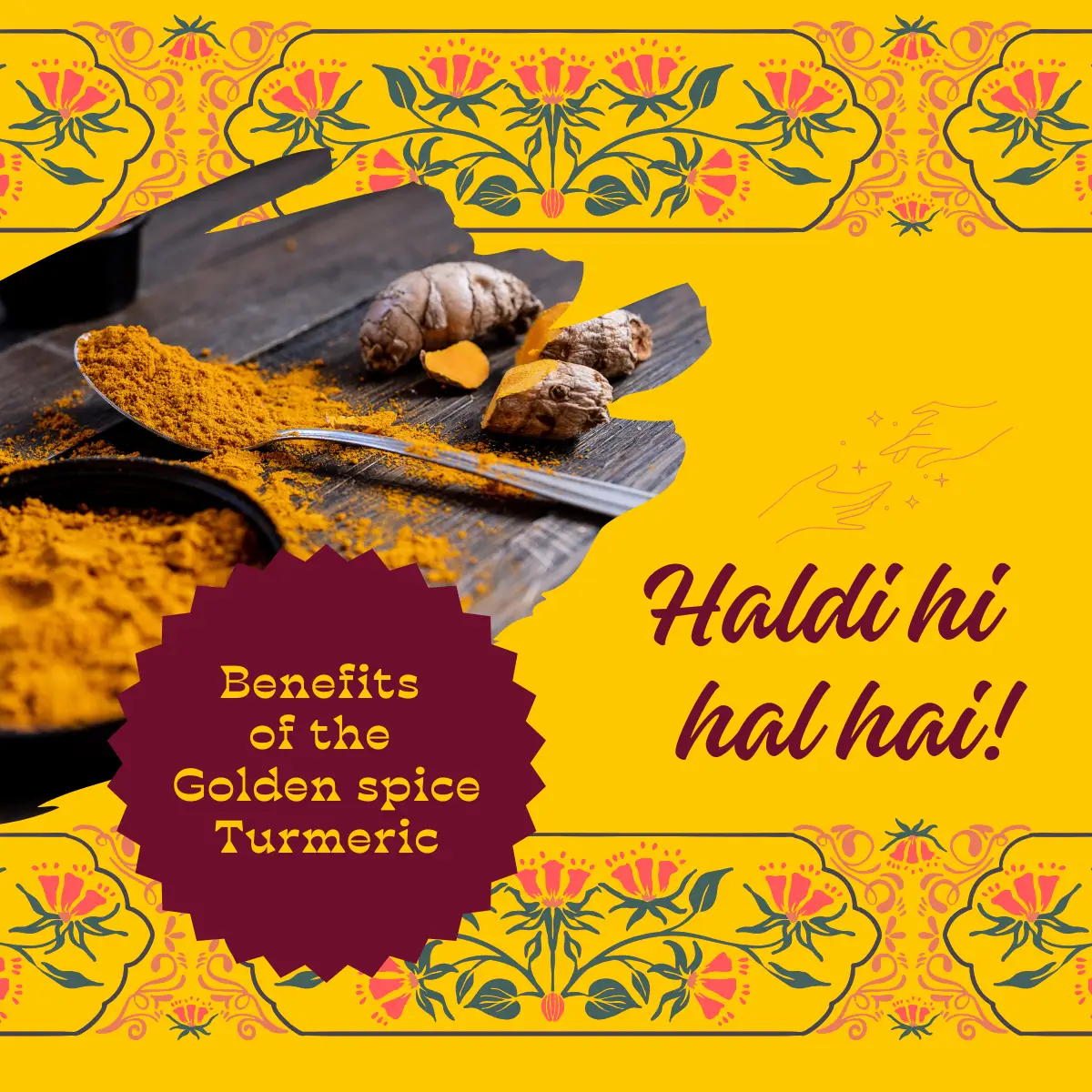
Millets: A Nutritional Powerhouse with Proven Health Benefits
Millets: A Nutritional Powerhouse with Proven Health Benefits Millets are often referred to as “nutri-cereals” due to their exceptional nutritional
Free Shipping on all orders…
Free Shipping on all orders…
8421-69-70-71

When it comes to cooking, spices are essential for enhancing flavors and creating mouth-watering dishes. However, the adulteration of these spices can not only compromise their quality but also pose health risks. Therefore, understanding how to check adulteration of spices is crucial for every home cook. This guide focuses on commonly used spices such as turmeric, chilli, dhaniya (coriander), cumin, black pepper, asafetida, clove, mustard seeds, and cinnamon.
Adulteration refers to the practice of adding inferior substances to a product, which can affect its purity, flavor, and health benefits. In the case of spices, it often involves mixing them with cheaper, lower-quality ingredients or artificial additives. For example, some vendors may add synthetic dyes to turmeric to enhance its color or mix sawdust with ground spices. At danapani.in, we are committed to providing pure, adulteration-free, and chemical-free spices.
In this section, we will delve into how to identify common adulterants in specific spices and ensure you’re using pure products.
To check for turmeric adulteration:
To test for adulteration in chilli powder:
For coriander powder:
To assess cumin seeds:
When checking black pepper:
For asafetida:
Checking cloves involves:
To determine the purity of mustard seeds:
To verify cinnamon’s authenticity:
https://www.youtube.com/embed/UjirN0yUhEQ
Understanding how to check adulteration of spices is an essential aspect of maintaining a healthy kitchen and ensuring that your meals are flavorful and safe. By employing simple tests for each spice, you can confidently choose high-quality, pure spices from reliable sources like danapani.in, which is dedicated to offering products free from adulteration and chemicals. Making informed choices not only enhances your culinary creations but also supports your well-being.
By adhering to these straightforward methods, you’ll ensure that your spice cabinet remains stocked with the best quality spices, allowing your culinary adventures to flourish without compromising on taste or safety.

Millets: A Nutritional Powerhouse with Proven Health Benefits Millets are often referred to as “nutri-cereals” due to their exceptional nutritional

Turmeric, with its brilliant golden color and captivating, earthy aroma, boasts a history as opulent as its flavor profile. This